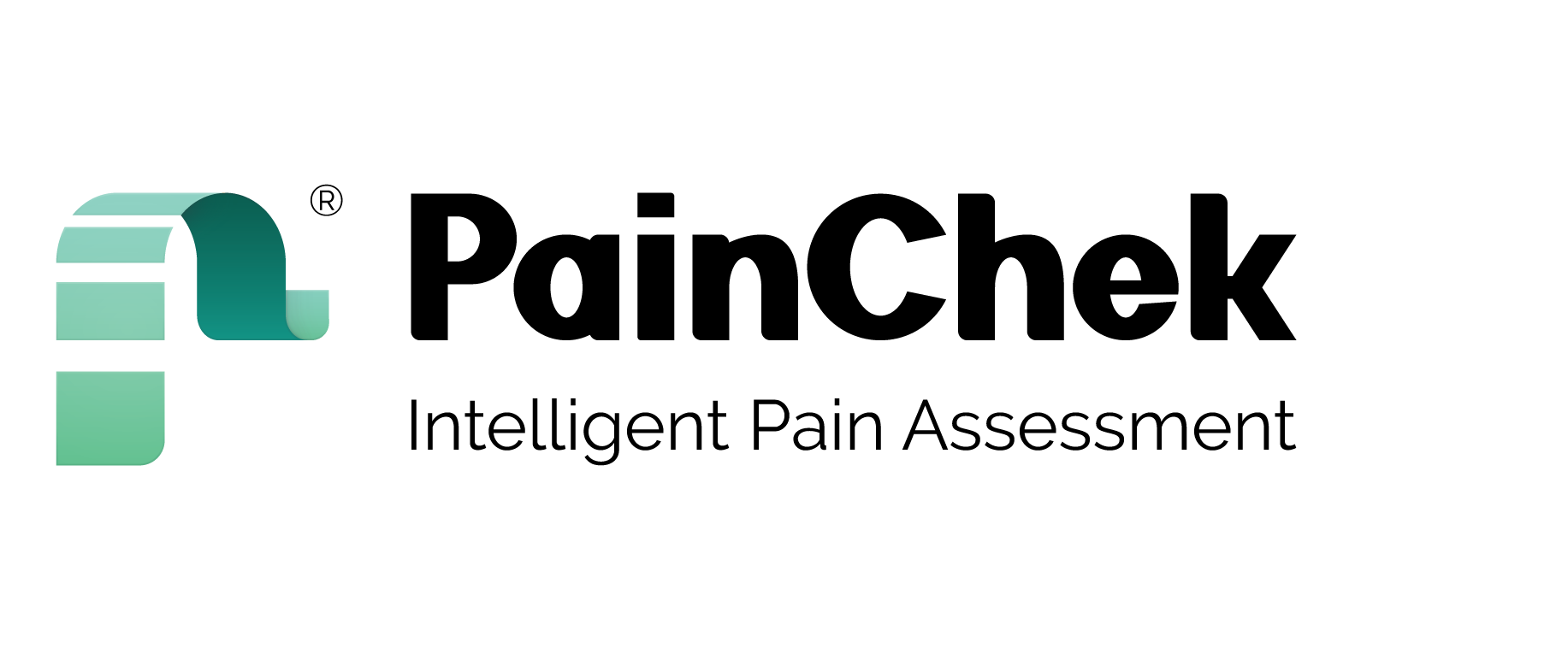
Case Study: Transforming Pain Management at Dovenhaven

31 October 2025
About Dovehaven Care Homes
Based in the Northwest of England, Dovehaven Care Homes is a leading care group that offers a wide range of care services for older adults, specialising in residential and nursing care, predominantly local authority funded, with an emphasis on high-quality dementia and complex care.
1,000 Residents being cared for
23 Stunning care homes
40 Years of history
The pain management issue
For residents living with dementia, pain management can often present challenges. This is because a person’s ability to reliably self-report their pain experience can decline as their dementia progresses and can at times manifest as distressed reaction behaviour.
Dovehaven wanted to validate that distress - rather than being a “normal” part of the dementia journey - was in fact pain-related.
Before introducing digital pain assessment, pain at Dovehaven was only assessed using the Numerical Rating Scale or Abbey Pain Scale, and only by nurses or senior carers during risk assessments and care planning reviews. This excluded frontline staff care staff and limited regular monitoring of pain.
Few and inconsistent assessments meant no monitoring of pain for residents, reducing the ability to provide proactive care. Dovehaven also recognised that benzodiazepine usage was an issue that needed to be tackled and that the reason for their high usage was to manage resident distress.
How digital pain assessment was embedded into a ‘state-of-the-art’ pain management approach at Dovehaven
To tackle these issues head on, Dovehaven knew that a better pain assessment and management solution was needed and so enlisted the support of PainChek® to elevate its pain procedures and processes across its estate.
To embed the use of PainChek® and to ensure best practice at Dovehaven, the following approach was taken:
Engagement
The engagement with Dovehaven’s leadership started early, led by Jo Hadfield-Cubbin, Head of Clinical Governance. She saw the clear benefits of PainChek® for residents, staff, and the organisation, then rallied key stakeholders, including executives, regional managers, and care home leaders.
Training
PainChek® delivered onsite training across individual homes to deepen engagement and build user confidence with the app and portal. Dovehaven was also introduced to PainChek®’s free weekly webinars, which are now encouraged as part of both induction and refresher training.
Additional resources were provided through the PainChek® Welcome Pack, including a manager guide, domain descriptions, a competency framework, GP engagement leaflets, and customer engagement flyers. This supported staff coaching, healthcare professional collaboration, and family engagement.
Elevating best practice in pain management
Jo successfully integrated PainChek® into Dovehaven’s policies, elevating best-practice pain management practices. PainChek® is now a vital part of medication rounds, post falls monitoring, and benzodiazepine administration, ensuring consistent care. Jo regularly reviews PainChek® data trends and conducts compliance audits, championing regular pain assessments and improved resident wellbeing.
Aftercare
After training, Jo and her dedicated PainChek® Account Manager partnered to pinpoint homes where extra support could make a difference. They crafted tailored action plans and offered ongoing, in-person follow up training to ensure success. Jo holds regular calls with her PainChek® Account Manager to review PainChek® data trends and Monthly HealthChek reports, identifying opportunities to improve pain assessment quality.
The success of Dovehaven in implementing PainChek® mainly depended on effectively reporting and communicating the outcomes across the entire estate. Additionally, establishing clear KPIs for carers to aim for was essential.
“PainChek®’s aftercare is second to none – the team provides ongoing support, training, and is always just a phone call away to discuss ideas.” - Jenny Davies, CEO, Dovehaven Care Homes
Enhancing clinical outcomes
During the period of July to December 2024, Dovehaven completed over 165,000 PainChek® assessments. This led to the following clinical outcomes across its care homes:
67% reduction in severe pain
42% reduction in moderate pain
25% reduction in mild pain
41% reduction in instances of distress
58% reduction in resident-to- resident altercations
Driving down benzodiazepine use
Following the reduction of distress incidents, the necessity to use benzodiazepines has also reduced:
- 58% fewer benzodiazepines are being used across Dovehaven’s residents
- Just 2.8% of the resident population has a PRN benzodiazepine prescribed. This is significant given that more than 28% of older adults in care are prescribed 1+ benzodiazepines
Avoiding hospital admissions
In the year following PainChek® implementation (July 2024 to June 2025), hospital admissions decreased dramatically, highlighting the positive impact of better pain management using PainChek®.
- 36% reduction in emergency ambulance callouts
- 50% reduction in hospital admissions following a fall
Pain profiling
The pain profiles below have allowed Dovehaven to see the positive impact of PainChek® on caregiver burden in their homes.
Data from three of its homes during the period of July to December 2024, Dovehaven saw the following reductions in pain indicators:
- Confusion – reduced by 48%
- Aggression – reduced by 57%
- Resisting care – reduced by 85%
- Verbally offensive – reduced by 59%
- Requesting help – reduced by 51%
- Distress – reduced by 55%
- Crying – reduced by 70%
- Screaming – reduced by 75%
Transform your pain management with PainChek®
PainChek® uses artificial intelligence (AI) and the camera of a smart device to assess a resident’s face, looking for micro facial pain indicators, whilst the carer observes the resident to identify pain indicators in the voice, movement, behaviour, activity, and body. Finally, PainChek® calculates an overall pain score and stores the result. This outcome forms the evidence base supporting the implementation of pain management interventions, and for the ongoing monitoring of their effectiveness over time.
Key quality improvements: using Painchek® at Dovehaven
- It enables carers to manage clinical risks by providing a real-time report showing those who have active assessed pain for 24 hours or more and require an immediate follow-up assessment.
- It allows carers to focus on usage and pain trends, or deep dive into the pain of an individual with targeted real-time dashboards.
- It supports carers to see specific information needed to monitor quality, compliance, and care with no distractions and no need to search through multiple reports for key data.
In their own words
“As a CEO in healthcare, what really stood out to me about PainChek® was the fact it’s a technology that gets to the root cause of an issue rather than simply addressing the symptom, as many other technologies tend to do. For me, PainChek® felt like a truly sustainable solution - enabling people to lead more fulfilling lives in the long-term.” - Jenny Davies, CEO, Dovehaven Care Homes
“Implementing PainChek® across all of Dovehaven’s care homes has transformed our pain management, enabling us to significantly reduce distressed reaction behaviours and as required benzodiazepine use.” - Jo Hadfield-Cubbin, Head of Clinical Governance, Dovehaven Care Homes






